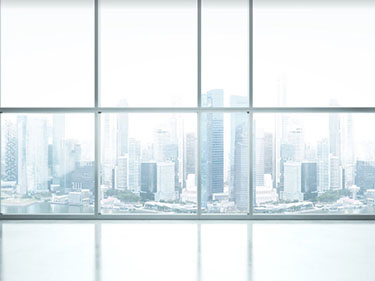Elevator Accident Attorney in Los Angeles

Elevator accidents are common and the injuries sustained can be serious. Many injured parties suffer extensive injuries from either an elevator defect or an accident.
Often times the injured parties fail to consider their legal rights. Whether you have a case depends on a number of factors including maintenance of the elevator and determining any defects.
Who Can I Sue for My Injuries in an Elevator Accident
Laws recognize elevator operators or owners to be considered common carriers. Common carriers owe a very high duty of care for their passengers. Thus, they must exercise a particularly high level of care in order to have the elevator work properly. Failure in functionality resulting in accidents can cause serious injury, therefore they are liable for injuries sustained.
Injuries can occur when the elevator suddenly stops or hoists itself at an unsafe speed. Injuries that are caused by abrupt stops or sudden falls will hold a defendant liable. In certain cases, you may have a cause of action against the maintenance company. When the maintenance company fails to properly repair the elevator, they can be held liable for injuries sustained.
Owners of automatic elevators are required to exercise a certain degree of care in order to avoid injuries. Examples can include elevator doors opening before the cab of the elevator reaches the correct floor. Other types of defects include elevator doors closing abruptly crushing passengers or dragging passengers against the doors of the elevator causing significant injury.
Common injuries resulting from elevator accident are as follows:
- Head injuries and traumatic brain damage;
- Slip and Fall injuries;
- Broken or Fractured bones;
- Facial Injuries;
- Broken Nose;
- Knee and Ligament damages;
- Severe neck and lower back injuries.
Property Owners Duty to Maintain and Repair Elevator
Owners or operators are generally charged with the duty to repair and maintain an elevator and to keep it in a functioning condition. Courts have held that this duty is not delegable. In other words, they cannot contract out of this duty and when they fail to properly maintain it, they will be held liable.
The owner/operator is required to make routine inspections of the elevator and its respective components. These inspections must be made in order to discover whether any defects exist. Once they are charged with notice, they have a duty to make timely repairs. If repairs are not coordinated in a timely fashion, they will be held liable for negligence.
If it is found at the time of litigation that there was previous knowledge of the defect, but nothing was done to repair it, then liability will be imposed. To find whether or not notice existed requires the discovery of all the facts.
Discovery is a tool used after a lawsuit, if filed, in order to find out specific information. This can include maintenance records and the name of the parties responsible for conducting the proper maintenance issues.
Defective Elevator Liability for Injuries
Injuries from a defective elevator are common. What makes an elevator defective? In short, a defective elevator is one that fails to function in a manner consistent with its design or intended operation.
Generally, a product is considered defective when there is a manufacturing defect, design defect, or failure to warn defect. An elevator that is defective can fail to function in the manner in which it was designed. This can include sudden stops, drops, or door closures.
Unlike a negligence claim, if the elevator is found responsible, the manufacturer of the elevator can be found liable and there is no need to show notice.
Case examples include elevators that have sudden drops from high building floors, causing extensive injuries to all occupants. In such cases, all commercial sellers in the chain of distribution are found liable, not just the property owner.
Determining if the property is defective requires the use of experts to evaluate the condition of the elevator. Our office can help determine if a defect exists by employing an expert to conduct an investigation.
Who can recover monetary settlements?
Tenants
Tenants including guests and relatives are entitled to recovery for their injuries. Whether they were injured from the failure of elevator shafts or proper maintenance of the elevator, they will be entitled to recovery. Landlords who control the property and the common areas will be held liable for injuries suffered.
Hotel Guests
Hotel guests are considered an invitee for the business. When a hotel owner fails to exercise a proper degree of care, they will be held liable. Invitees are those who are there either by invitation or for some type of commercial or business purpose. Hotel owners owe a certain degree of care. If you have been injured while staying at a hotel contact our office for a free consultation.